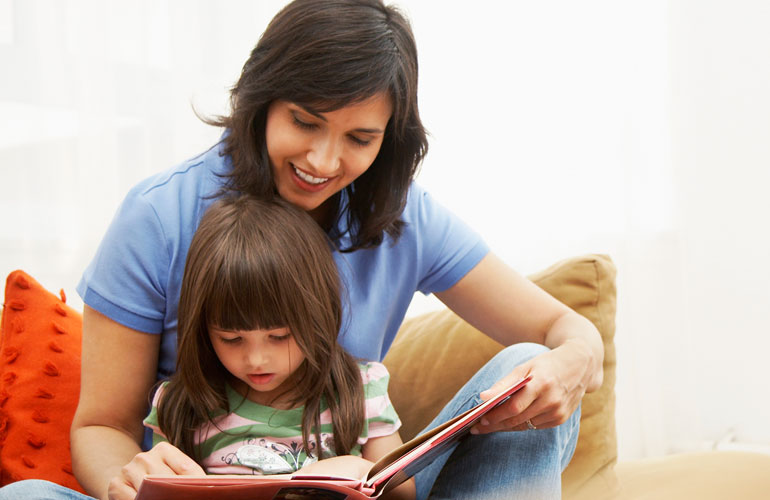Dr. Seuss has always had a magical quality to me. I remember reading and re-reading many of his books as a child, imagining snow days brightened by strangers, no parents, and a machine that cleaned up after me. On March 2, the Doc’s birthday, my mom would make us green eggs for breakfast and we’d all wish him happiness.
In high school he was still cool. We studied his political views and the hidden messages in books like Yertle the Turtle. And I cried when my parents presented me with Oh, the Places You’ll Go!, when I ventured into the world as a young adult.
And then, last night with my daughter, the magic returned.
I had recently pulled out all the Dr. Seuss books we have, in celebration of his birthday. As we made our way through them, three-year-old Laila, adopted about six months ago from foster care, fell in love with Horton Hatches the Egg. At this point, I can read it without glancing at the words on most pages!
I have noticed this recurring theme in our home — my kids are drawn to children’s books about adoption and movies that reflect the pain of their own stories, like Despicable Me, Kung Fu Panda, and Lilo and Stitch. Although none of them have said, “Look, he was an orphan and adopted, like me!” the connection they feel is undeniable. These stories reflect of a piece of themselves they have not yet fully discovered (my oldest child through adoption is only five), but seem to feel viscerally.
As foster and adoptive parents, we walk a fine line between truth telling and compassion, hope and reality, forgiveness and wisdom. It’s a rough place to be. A lot of times we want to idealize our kiddos’ biological parents for them, to protect them from the truth. But I’ve realized that they know. We all, instinctively, know our stories. And if we try to sugar coat our children’s stories, to protect their precious hearts, we will lose their trust.
They want us to acknowledge the hand they’ve been dealt. It is not fair. And we are not able to bring them true healing and hope if we’re not willing to admit it.
For those of you who aren’t familiar with Horton Hatches the Egg, it is about an elephant, Horton, who is asked to sit on a bird’s egg while she goes off “for a rest.” She promises to return shortly, but does not. So Horton sits on the egg for nearly a year, through many trials and tribulations. At the end of the book, the bird appears as the egg begins to hatch. And, of course, she wants her baby back. Well, as the egg hatches, everyone can see that the baby has become an elephant bird, and it claims Horton as its parent.
Last night, as we got to this page of the story, Laila pointed to the mom bird and said, “That is [her biological mother’s name]. See, she looks so angry.”
I thought I had misheard. “What, Laila?”
She gracefully repeated her observation, and went on: “Look, Mama, that’s you!” pointing to Horton. “And the baby is me! See how happy I am because you take such good care of me?!”
The magic of Dr. Seuss once again filled my heart.
Laila has been through more than any three-year-old should, and we recently began working with a team of therapists to help us with the uphill climb that lies ahead. My heart has felt overwhelmed, insufficient. But this discussion with Laila, about what she’s been through (even before her “egg hatched” and she came into the world), and how she came to be with us, brought me much comfort. I hope it will be the first of a lifetime of discussions.
“Because Horton was faithful! He sat and he sat! He meant what he said, and he said what he meant. And they sent them home happy, one hundred percent!” To all of us Horton mamas and dadas, it should be like that!



